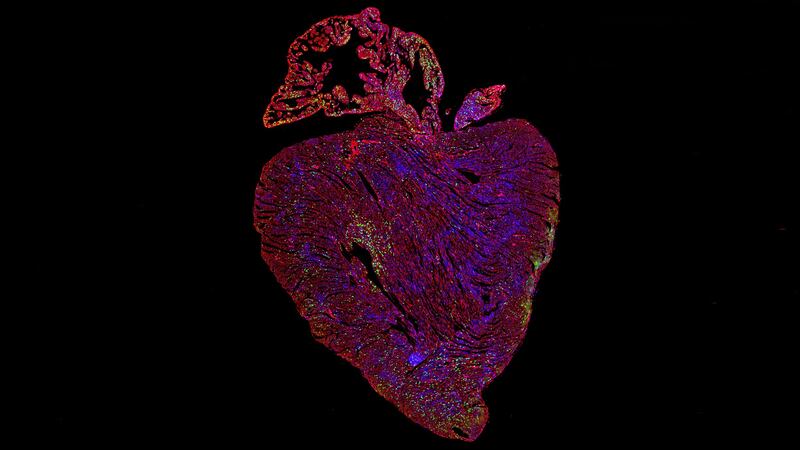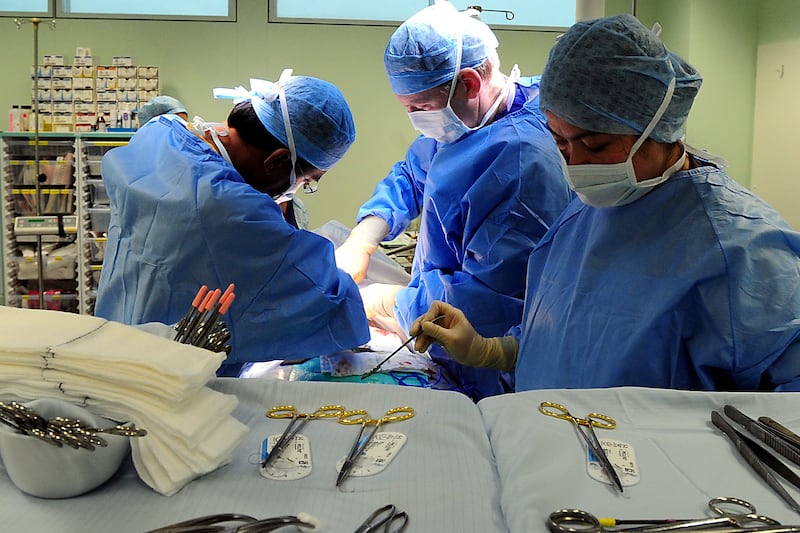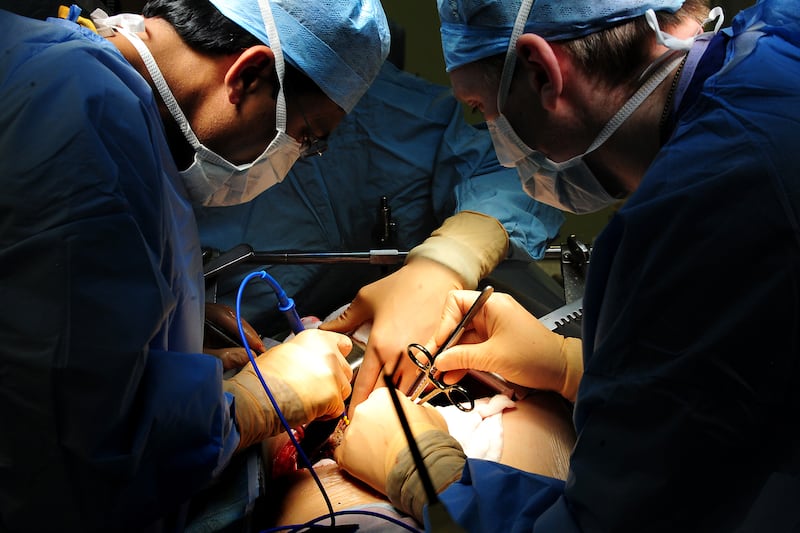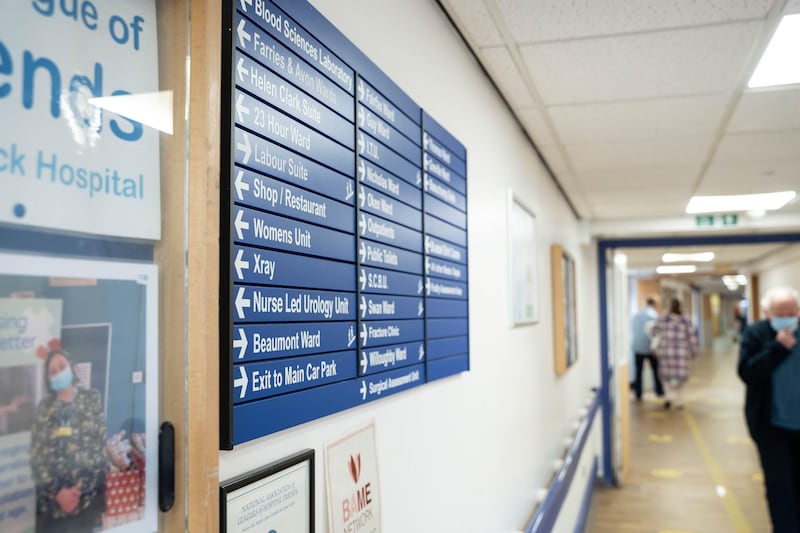A gene that allows cancers to spread could help in the treatment of heart disease, scientists believe.
A study on mice has found that making the gene, called Myc, overactive can kick-start the regeneration of heart cells.
The findings, published in the journal Nature Communications, are being seen as “major progress” towards developing a “curative treatment” for heart disease and researchers believe it could also explain why heart cancers are rare.
Study leader Dr Catherine Wilson, a researcher in the University of Cambridge’s department of pharmacology, said: “This is really exciting because scientists have been trying to make heart cells proliferate for a long time.
“None of the current heart disease treatments are able to reverse degeneration of the heart tissue – they only slow progression of the disease.
“Now we’ve found a way to do it in a mouse model.”
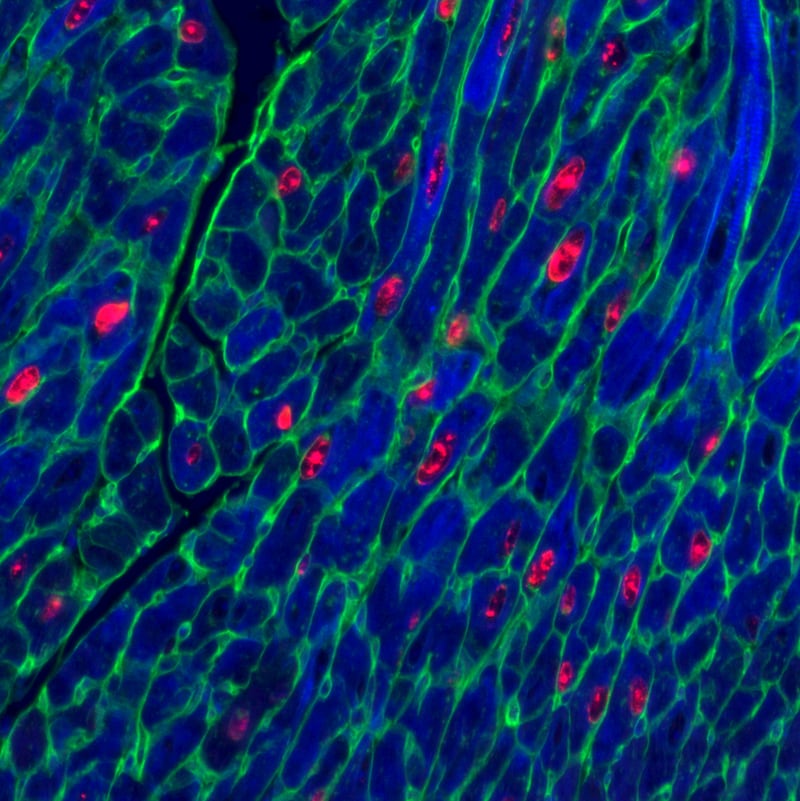
An adult human heart can lose up to one billion heart muscle cells following a heart attack.
The loss of these cells, which cannot be reversed, reduces the strength of the heart, that can lead to heart failure and, ultimately, death.
Myc plays a key role in the process that allows cancer cells to develop uncontrollably by replicating themselves.
When the gene was made overactive in the mouse model, the researchers were able to observe the spread of cancer in organs including lungs and liver.
But in the heart, the team found that, when Myc genes are expressed alongside another set of genes known as Ccnt, the organ switched into a regenerative state and its healthy cells start to replicate.
Dr Wilson said: “When these two genes were overexpressed together in the heart muscle cells of adult mice, we saw extensive cell replication, leading to a large increase in the number of heart muscle cells.”
The researchers were able to watch the action of Myc in the heart cells using a sequencing technology called ChIP and found a protein, called Cyclin T1, to be key to the proliferation of healthy heart cells.
The team hope to develop their finding into a genetic therapy for the treatment of heart disease.
Dr Wilson said: “We want to use short-term, switchable technologies to turn on Myc and Cyclin T1 in the heart.
“That way we won’t leave any genetic footprint that might inadvertently lead to cancer formation.”
